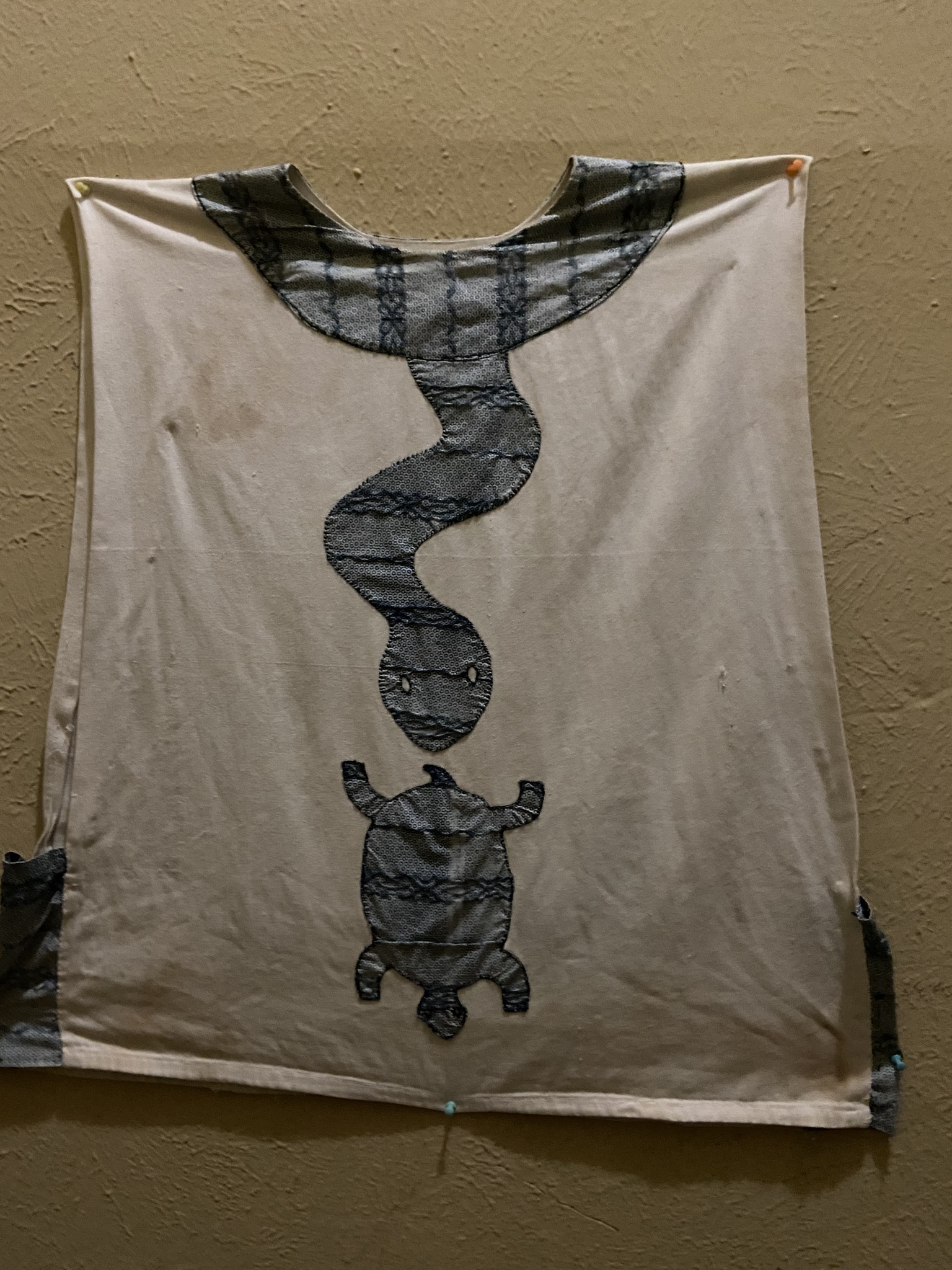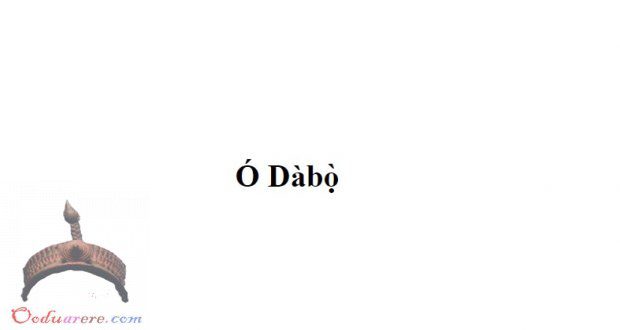In the Yoruba language, there is no goodbye.
“Ó dàbọ̀,” which is what stands for the idea of goodbye, actually is the very opposite of goodbye.
Why? Because “Ó dàbọ̀” does not say that you are leaving.
Rather, as you depart, you are speaking of “àbọ̀,” meaning, “the return.”
As you depart, you begin to celebrate your return.
What is even more remarkable? As you leave, you say, “Mo ń bọ̀,” meaning “I am returning.”
Nobody, who speaks Yoruba properly, ever says “Mo ń lọ,” when they depart. “Mo ń lọ́” is the true goodbye, in the literal sense.
To speak Yoruba is not a matter of understanding the direct meaning of the words: the direct meaning of the word actually hides the deeper, or real meaning.
Ijapa says “Never say ‘Mo ń lọ; Say mo n bo.'”
Do you know why you never say “Mo ń lọ” when you depart?
If you speak Yoruba properly, what does “Mo n lo” really mean, beyond the surface meaning?
Singing: Ó mà ń lọ nìyẹn
Ewé ayọ́.
Ó di gbére nìyẹn
Ewé ayọ́.
If you say “Mo ń lọ,” that is not good.
By Prof. Moyo Okediji
—-

Picture show an Ijapa top that I designed in 1982, hand-stitched by my friend and collaborator, Gbemi.
I still wear it 40 years later.
 Ọmọ Oòduà Naija Gist | News From Nigeria | Entertainment gist Nigeria|Networking|News.. Visit for Nigeria breaking news , Nigerian Movies , Naija music , Jobs In Nigeria , Naija News , Nollywood, Gist and more
Ọmọ Oòduà Naija Gist | News From Nigeria | Entertainment gist Nigeria|Networking|News.. Visit for Nigeria breaking news , Nigerian Movies , Naija music , Jobs In Nigeria , Naija News , Nollywood, Gist and more









